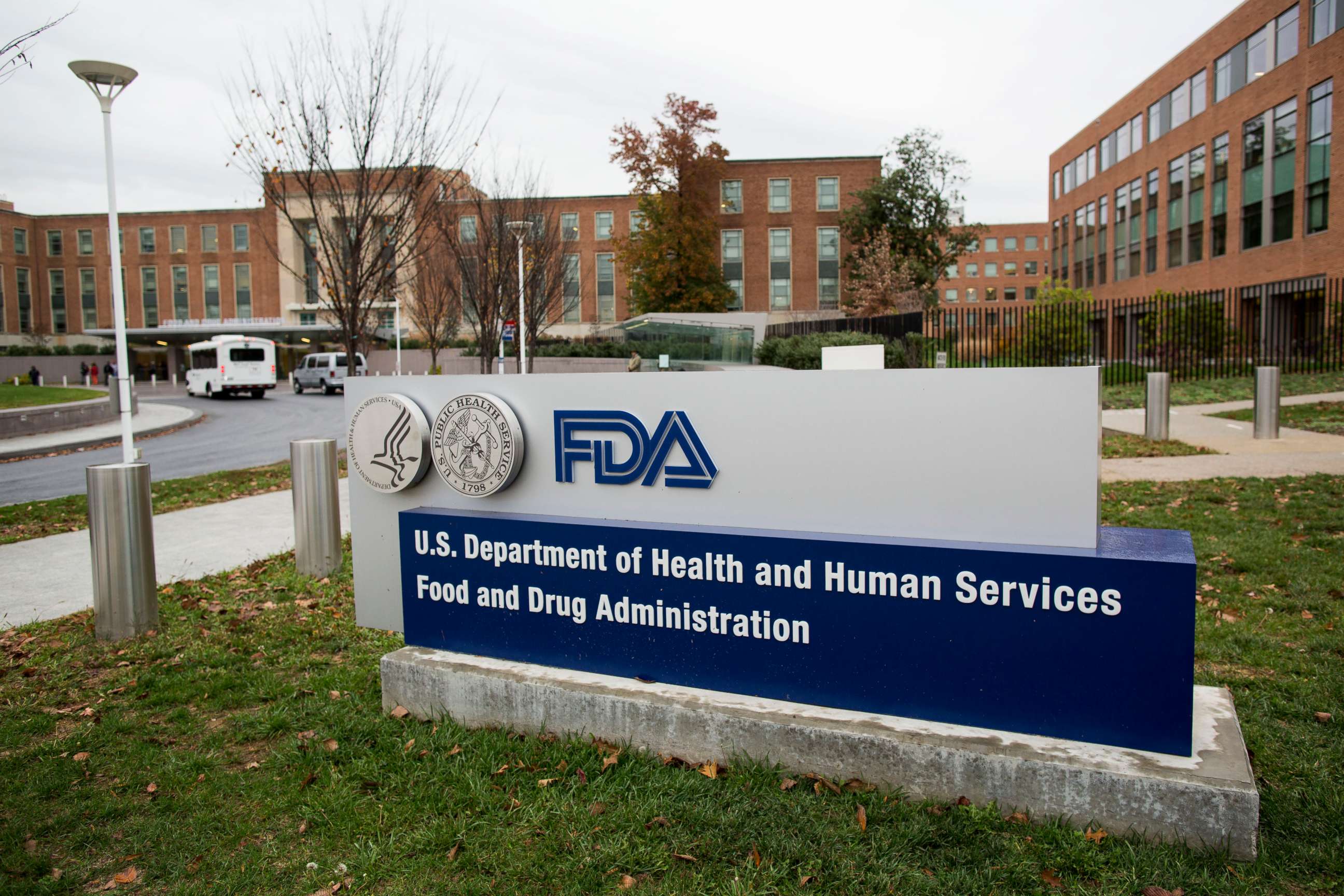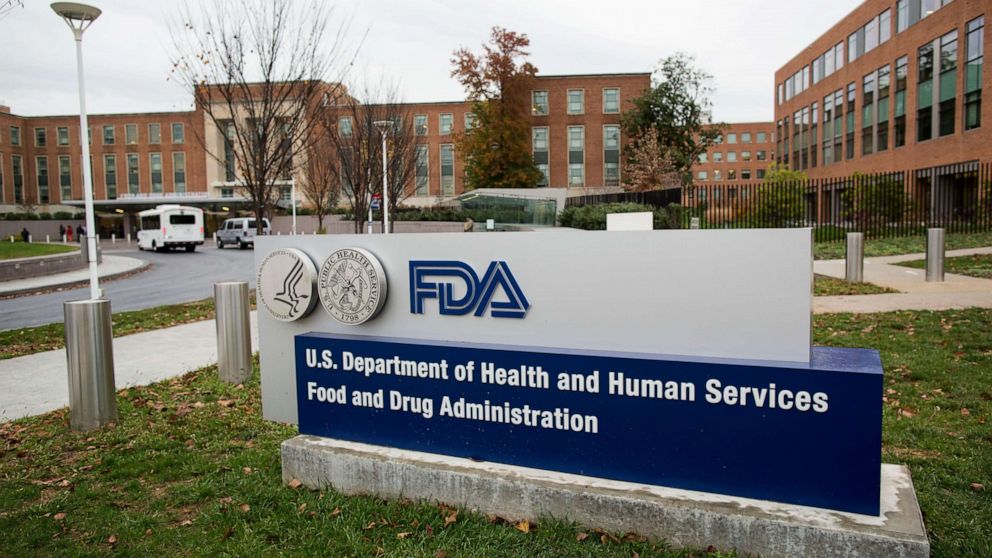US faces shortage of drugs that could be possible treatments for coronavirus: FDA
Barbi Manchester has lived with Lupus for 13 years and has taken hydroxychloroquine to treat it for just as long.
But last month, for the first time since being prescribed the medication, she had trouble getting her prescription filled.
"I've never had any issues," said Manchester, a Lupus Foundation of America advocate and ambassador.
After reaching out to multiple pharmacies, Manchester eventually found one that she said had a limited supply.
Tune into ABC at 1 p.m. ET and ABC News Live at 4 p.m. ET every weekday for special coverage of the novel coronavirus with the full ABC News team, including the latest news, context and analysis.
The Federal Drug Administration on Tuesday said the country is now facing a shortage of the drugs hydroxychloroquine and chloroquine, noting "a significant surge in demand." This comes after the drugs received substantial attention around the possibility that they could be beneficial in treating COVID-19 patients.
President Donald Trump has touted the potential benefits for novel coronavirus patients, previously saying, "We don't know, but there's a real chance that it could have a tremendous impact."
"It would be a gift from God if that worked," Trump said. "That would be a big game changer. So, we'll see."
The FDA has not approved a specific treatment for novel coronavirus patients, according to the Center for Disease Control and Prevention.
The Department of Health and Human Services said it accepted 30 million doses of hydroxychloroquine sulfate and one million doses of chloroquine phosphate "for possible use in treating patients hospitalized with COVID-19 or for use in clinical trials."
"Anecdotal reports suggest that these drugs may offer some benefit in the treatment of hospitalized COVID-19 patients. Clinical trials are needed to provide scientific evidence that these treatments are effective," HHS said in a March 29 news release.
Manchester said she now wonders what will happen next if there isn't enough to supply to go around.
"Yes, the coronavirus patients do need to have theirs if it is working, but Lupus patients, we also need this just as much," Manchester said.

The FDA said it's working with manufacturers to evaluate the demand for individuals who are depending on the drugs for other treatments, like malaria, lupus and rheumatoid arthritis, and said using the donated medications is expected to "help ease supply pressures for the drugs."
The agency also said, "All manufacturers are ramping up production, and the agency's webpage displays current availability. The FDA is working with manufacturers to ensure this can happen expeditiously and safely."
The Lupus Foundation of America, American College of Rheumatology, American Academy of Dermatology, and the Arthritis Foundation last month sent a joint letter to the White House Coronavirus Task Force voicing concerns that "increased demand for these drugs attributed to COVID-19 has exacerbated their already limited availability for patients who rely on them to meet their medical needs."
Earlier this week, the Lupus Foundation of America said in a blog post that, "Unfortunately, many people with lupus nationwide are unable to access these much-needed treatments altogether or they are facing other significant obstacles filling their prescriptions."
But added that the group has received "positive responses from federal and state officials and other key stakeholders, including the manufacturers of hydroxychloroquine and chloroquine, state boards of pharmacy, health plans, pharmacies and pharmacists, and physicians -- all of who can play a role in helping to ensure people with lupus have access to the medications they need."
"I've been on the medication for 13 years, so this is like a daily regimen," Manchester said. "It's like people that take a vitamin every day."
"And then having that taken away -- that was very scary," she later added.
What to know about coronavirus:
- How it started and how to protect yourself: coronavirus explained
- What to do if you have symptoms: coronavirus symptoms
- Tracking the spread in the US and Worldwide: coronavirus map




